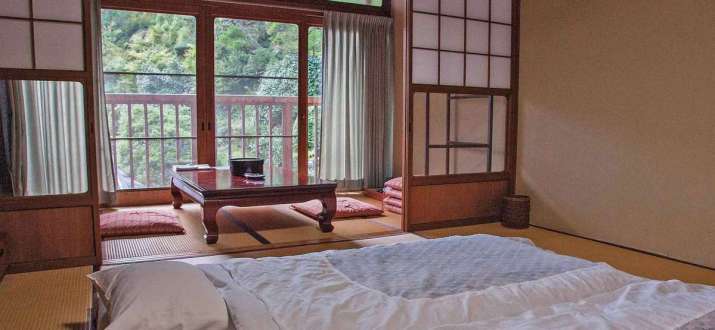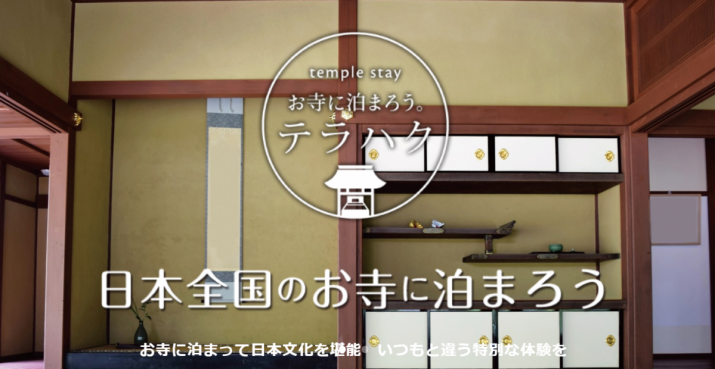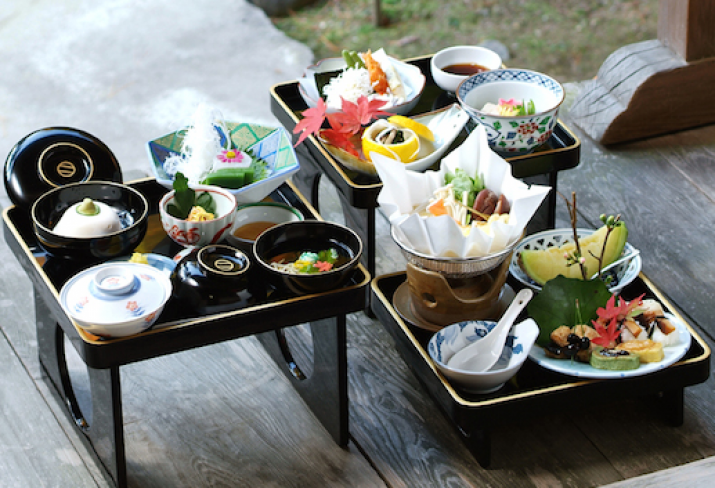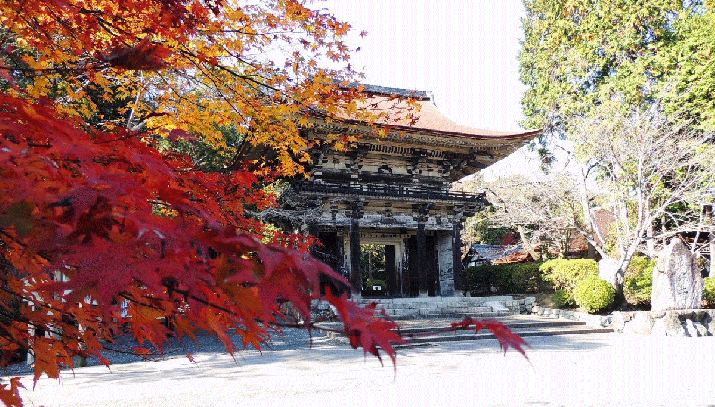NEWS
Buddhist Temples Across Japan Soon to Offer Rented Accommodation for Tourists
 Buddhist temple lodgings at Mount Koya. From insidejapantours.com
Buddhist temple lodgings at Mount Koya. From insidejapantours.comWith a new law coming into effect later this month, Buddhist Temples across Japan will be able to rent out their spare rooms to tourists, opening up opportunities for temple stays across the country and allowing them to tap into Japan’s tourism boom.
While a small number of Buddhists temples have been offering overnight stays, known as shukubo, to pilgrims as part of their spiritual retreat or to the odd adventurous tourist, existing laws make it difficult for religious institutions to rent out space as commercial accommodation. But with the growing demand for tourist accommodation in Japan and the global popularity of services such as Airbnb, there has been a push for change.
The new Residential Lodging Business Law relaxes previous regulations, allowing anything from a spare bedroom to a Buddhist temple to be registered as accommodation and be rented out. Temples across the country are now expected to tap into this new industry opportunity.
 A screenshot of the Terahaku website. From terahaku.jp
A screenshot of the Terahaku website. From terahaku.jpOne Japanese company playing into this change is Osaka-based Waka Corporation. Last month it announced a new website called Terahaku—the name is based on the reading of the two Japanese kanji characters for “temple” and “stay”—which is intended to enable users to search and book temple stays online, making it easier for tourists to locate and communicate with temples offering accommodation. While the Terahaku website targets Japanese customers, they are partnering up with Airbnb and Booking.com to offer convenient support for foreign tourists and provide them with the option of searching and booking accommodation in English and other languages.
Japanese Buddhist temples have long drawn visitors from all over the world thanks to their historical significance, remarkable architecture, and serene surroundings, and Terahaku hopes to go beyond merely offering guests the option to stay the night. Instead, Terahaku aims to provide a more enriching experience, focusing on the tradition, history, and culture embodied by the temples. They seek to offer guests a taste of Buddhist life, including vegetarian temple cuisine of shojin ryori, zazen meditation, sutra writing, and early morning or, sometimes, midnight prayers.
“We believe that foreigners who have already had a taste of Japanese culture will want a new sort of experience and this could be it. But we also want to assist Japan’s temples, many of which are having financial problems and have plenty of spare room for this sort of activity.” said Megumi Okamoto, a spokeswoman for Waka Corp. “We believe it will be a good fit for both sides.” (South China Morning Post)
 Shojin ryori or Japanese temple cuisine. From shojincuisine.com
Shojin ryori or Japanese temple cuisine. From shojincuisine.comJapan counts around 77.000 temples and many are expected to open their doors to tourists as a new way of earning revenue amid a declining interest in Buddhism and Buddhist temples in the country.* Throughout their history, temples and shrines in Japan have survived by adapting to a variety of purposes from schools to mental hospitals to cosplay backdrops.** In addition, the influx of tourists could help with the economic revitalization of the locale around the temple, providing new jobs in the service industry, while addressing the pressing shortage of beds and accommodation ahead of the 2019 Rugby World Cup and the 2020 Tokyo Olympic Games.
More than 10.5 million travelers arrived in Japan during the first four months of 2018, an increase of 15.4 per cent from a year earlier, with the figure forecast to rise to 30 million by the end of this year. The Japanese government expects visitor numbers to surpass 40 million in 2020, and is reportedly looking into alternative forms of accommodation, such as love hotels.
 Mii-dera during autumn. From biwako-visitors.jp
Mii-dera during autumn. From biwako-visitors.jpAlthough the Terahaku Japanese website is accessible, tourists will not be able to book or browse the temples offering accommodation until the official launch in July.
The website is expected to feature around 100 temples at its launch, including the famous Mii-dera, Japan’s fourth-largest temples, near Kyoto. But with thousands of temples across the country, Waka Corp. plans increase this to 1,000 over the next three years. The cost per night in a Japanese Buddhist temple is expected to range between Ұ10,000 (US$90) and Ұ20,000 (USD$180) per person.
* Almost One-Third of Japan’s Buddhist Temples Expected to Close by 2040 (Buddhistdoor Global)
** Buddhist Temple in Japan Opens its Doors to Cosplaying Visitors (Buddhistdoor Global)
See more:
Terahaku (Japanese only)
Japanese company Waka to launch Buddhist temple-stay website as spiritual answer to Airbnb (South China Morning Post)
Japanese Buddhist temples will soon offer rooms to rent as new law comes into force this month (The Mirror)
Japan's Buddhist temples to offer rooms to rent after law change (The Telegraph)
Terahaku aims to be the Airbnb of Japanese temples (Sora News 24)
You can now stay at hundreds of historic temples across Japan (Lonely Planet)
Related news from Buddhistdoor Global
MBA Monk Aims to Rejuvenate Japan’s Buddhist Temples
Buddhist Temple in Tokyo Offers Graves for LGBT Couples
Japanese Priest Serves Up Pure Land Buddhism with Techno Beats
Japan Seeks World Heritage Status for Country’s Oldest Buddhist Pilgrimage Route
Buddhist Monks Extend a Helping Hand to Japanese Singles Seeking Romance














